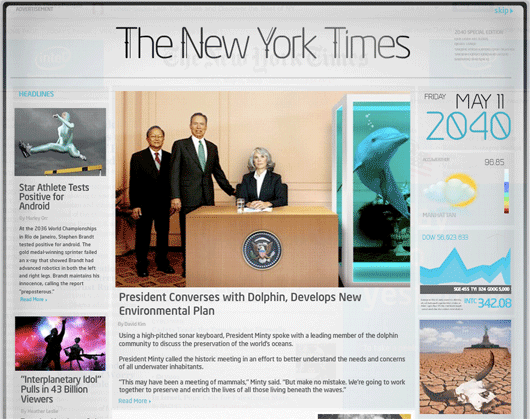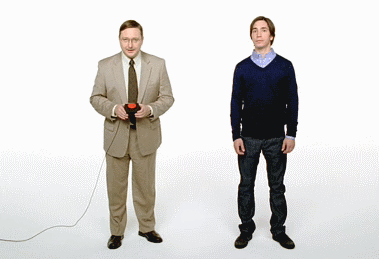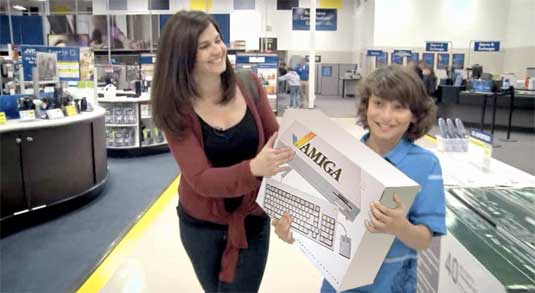 I still think that Microsoft’s current Laptop Hunters ad campaign for Windows represents an odd combination of stating the obvious (that you can buy a Windows PC with beefy components for a lot less than a Mac) and avoiding the obvious (that operating systems have a gigantic impact on the experience you get from a computer). But if recent research from BrandIndex is to believed, the spots are doing what Microsoft hoped they’d do: convincing people (young people, especially) that Windows computers are a better value than Macs.
I still think that Microsoft’s current Laptop Hunters ad campaign for Windows represents an odd combination of stating the obvious (that you can buy a Windows PC with beefy components for a lot less than a Mac) and avoiding the obvious (that operating systems have a gigantic impact on the experience you get from a computer). But if recent research from BrandIndex is to believed, the spots are doing what Microsoft hoped they’d do: convincing people (young people, especially) that Windows computers are a better value than Macs.
Laptop Hunters doesn’t seem to be an ad campaign designed to run for the next decade, or even the next year–the individual commercials are nearly identical except for the shoppers involved, which is why I stopped writing about them after the third entry. (I just ran out out of things to say.) For the record, the most recent two (starring a mom-and-daughter team and an artist) are not only repetitive, but increasingly weird, with an emphasis on the giddy shoppers exulting in the fact that Microsoft has bought them laptops. (Should we make anything of the fact that only one of the five ads so far involves an adult male? I dunno.)
Considering that the current version of Windows is Windows Vista, Microsoft has every incentive to downplay the OS. I assume that when Windows 7 comes out, it’ll return to emphasizing the operating system as a selling point, even if it also continues to play up the value angle and snark at Macs. It’ll be interesting to see if the shift in public opinion apparently reflected in the BrandIndex study continues on even if the ads no longer center on spec comparisons and fistfuls of cash.



